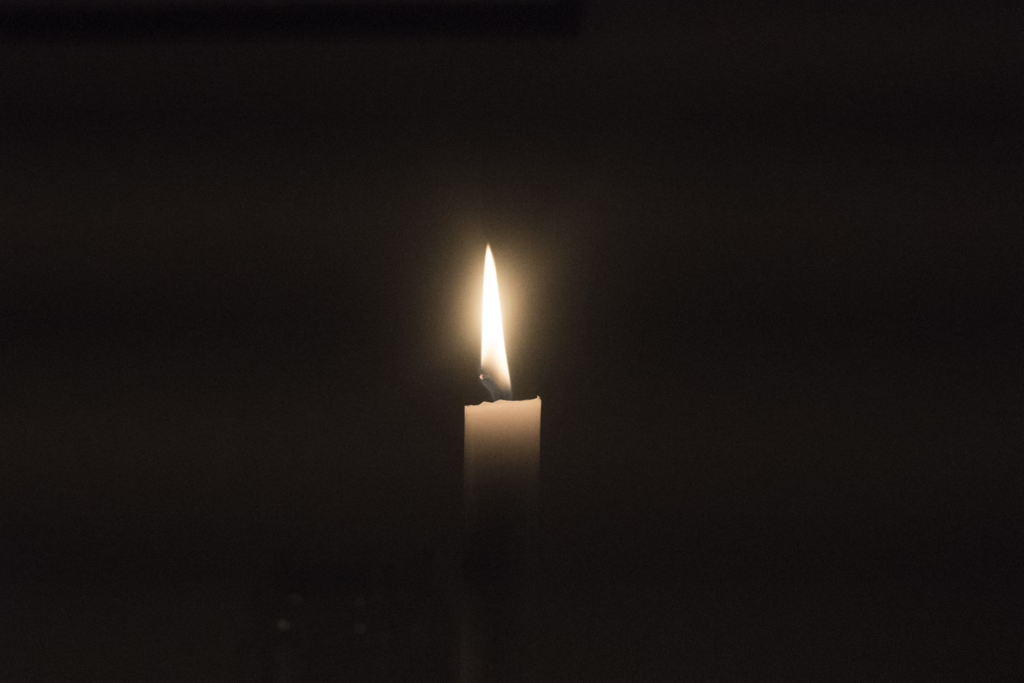A community is mourning the loss of 19-year-old Luca Manolache, a promising midfielder for Romanian team Metaloglobus București, who passed away following months of battling an undiagnosed medical condition. His sudden death has left his family, teammates, and the broader Romanian football community grappling with profound grief and unanswered questions.
A Promising Career Cut Short

Before health issues emerged, Luca was making strides in his budding football career with Metaloglobus București, a club competing in Romania’s Liga II. Teammates and coaches had noted his technical abilities and commitment to the sport, marking him as a young talent with the potential to develop further in Romanian football.
Football had been a central part of Luca’s life since childhood, with his dedication to the sport earning him a place at the professional level while still a teenager, an achievement that speaks to both his natural ability and work ethic. His position as a midfielder put him at the heart of play, responsible for both defensive duties and contributing to attacking movements.
The Onset of Troubling Symptoms
Luca’s health struggles began in August 2024, when teammates and family members noticed his declining performance on the field. According to the source report, “The 19-year-old started suffering from prolonged fatigue, dizziness, chills, and bloody stools, and both his parents and fellow team members saw him struggle to get through the first half of a football match.” “He was struggling to get through even the first half of matches,” shared one club source, noting the visible decline in the young player’s stamina and energy levels that concerned everyone around him.
A Challenging Medical Journey
The medical journey was frustrating for the young athlete and his family. Initial examinations, including lung X-rays and blood tests, reportedly showed normal results, a common and challenging scenario when dealing with complex or rare medical conditions.
Medical professionals, working with the limited information available from these tests, suspected an extreme infection. They prescribed a treatment regimen including doxycycline (an antibiotic), paracetamol for fever and pain management, and the pain medication Algocalmin. Despite these interventions, Luca’s condition continued to deteriorate. His symptoms persisted and intensified, suggesting that whatever was affecting his health was more complex than initially thought, and wasn’t responding to the prescribed treatments.
The Fatal Decline
On February 28, while out with a family member, Luca’s symptoms became severe enough to warrant an emergency call for an ambulance. This rapid deterioration suggests a critical turning point in his condition. In a heartbreaking final conversation, Luca called his mother, Ana Maria Manolache, who was working in Bucharest at the time. Ana told local press that during this brief exchange, he expressed fear, saying: “Mum, Mum, I can’t do it anymore,” followed by the haunting question: “Do you think I’m dying?”
These final words to his mother reveal the awareness and fear that Luca experienced as his condition worsened dramatically. While in the ambulance, Luca reported that he couldn’t see anything, a symptom that can indicate severe blood loss or critical drops in blood pressure affecting the brain’s oxygen supply. Medical professionals later informed Ana that the circumstances surrounding her son’s death, an internal hemorrhage that caused him to vomit blood, were extremely rare. Such hemorrhages can sometimes result from undiagnosed gastrointestinal conditions, blood vessel abnormalities, or other medical issues that might not be apparent in routine testing.
The Impact on Family and Community
The sudden loss has devastated Luca’s family, particularly his mother Ana, who had to experience her son’s final moments through a phone call while being unable to be physically present with him. This added dimension of separation during such a critical moment has compounded the trauma for the family. The Manolache family now faces not only the grief of losing a son and brother at such a young age but also the difficult questions about whether earlier or different medical interventions might have led to a different outcome.
Football Community in Mourning

News of Luca’s passing sent shockwaves through Romanian football circles. Metaloglobus București shared a heartfelt tribute on their Instagram page, reflecting the impact of this loss on the tight-knit sports community: “We are shocked and deeply saddened by this tragic loss,” the club wrote. “His love for football and his smile brought happiness on the field. The last appearance in the Metaloglobus shirt was on August 24, 2024, in the match against CS Afumati, playing 10 minutes from the reserve position.”
The club noted that following that match, Luca had complained of fatigue during training, which prompted the technical staff to recommend he stop training and undergo thorough medical examinations, a decision that shows the club’s concern for his wellbeing beyond his value as a player. “Rest in peace dear ‘Mano’. Sincere condolences to the grieving family, the entire Metaloglobus family is with you in these devastating moments,” the club’s statement concluded, using Luca’s nickname and expressing solidarity with his grieving family.
Broader Implications for Young Athletes
Luca’s tragic case raises important questions about health monitoring in young athletes. While professional sports teams typically conduct regular health screenings, rare or unusual conditions can sometimes evade detection through standard medical protocols. The transition from viewing performance issues as training-related to recognizing them as potential health concerns is a critical one that coaches, trainers, and medical staff must navigate carefully.
Remembering Luca

Friends describe Luca as more than just a talented footballer. He was known for his positive attitude, his dedication to improving his skills, and his supportive nature toward teammates. His presence will be deeply missed not just on the pitch but in the daily life of the club.
As the community mourns this profound loss, questions remain about the exact nature of the medical condition that took the life of this young athlete so suddenly and tragically. His story serves as a sobering reminder of life’s fragility and the importance of cherishing every moment. In the wake of this tragedy, Luca’s memory lives on through those who knew him, played alongside him, and supported his journey in the sport he loved. His passion for football and his spirit will be remembered by the Romanian football community for years to come.

